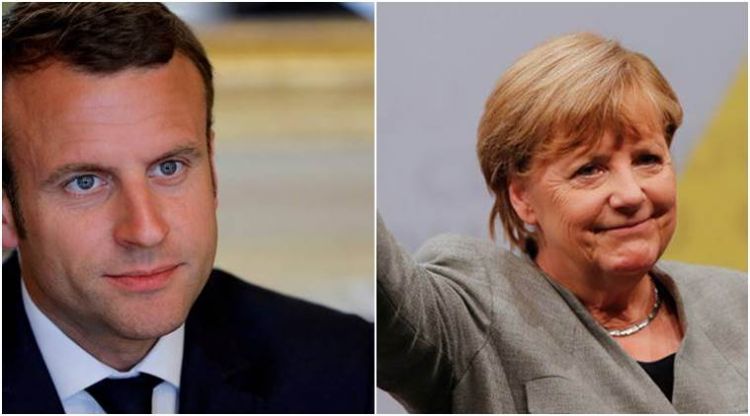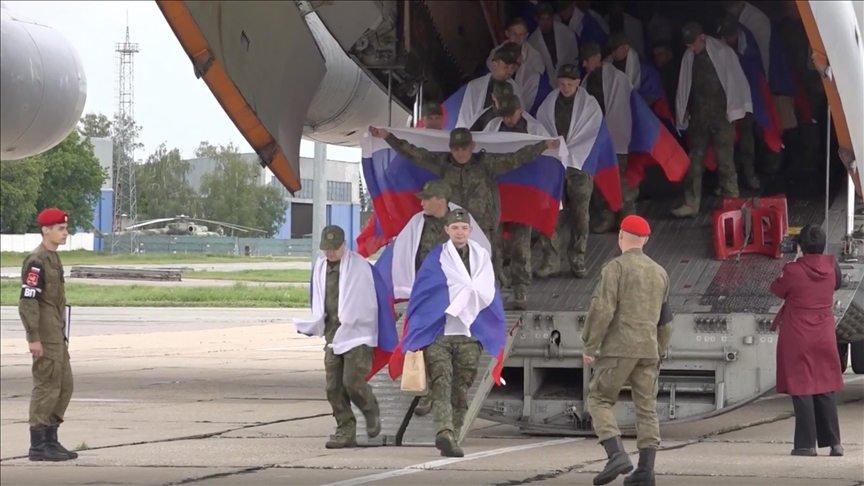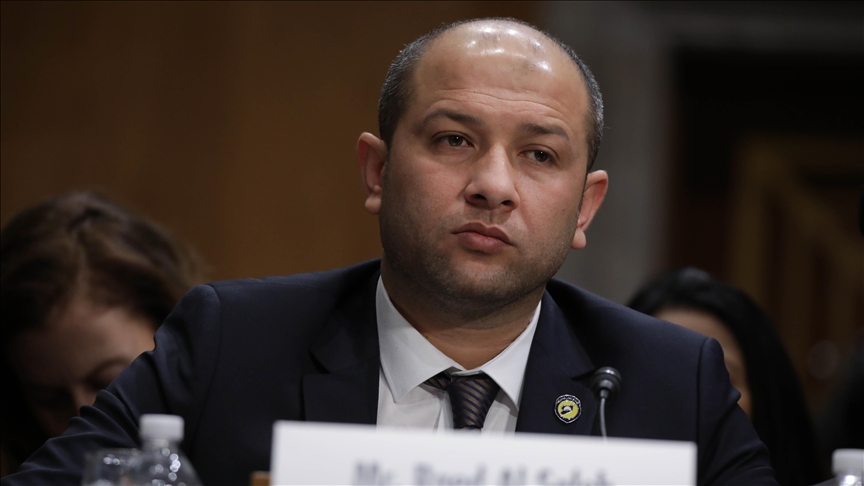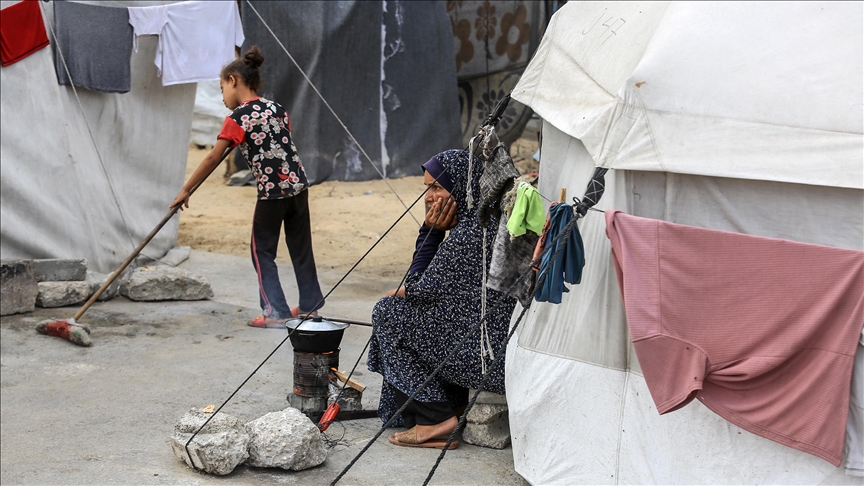One year after last November’s US election, the shock in Europe has worn off. It has begun to digest what had been unthinkable before the victory of Donald Trump: That an American president would tear up the Washington rulebook and every aspect of political behaviour.
Trump communicates via Twitter, he insults his opponents, he is unpredictable and volatile, his rhetoric is divisive and his pugnacious attitude towards North Korea and Iran raises fears he might even trigger another world war.
For European leaders this has been a steep learning curve. They needed to say goodbye to old certainties. Particularly the idea that the United States would forever be their protector, their greatest political ally and military shield. When Donald Trump appeared at his first NATO summit in Brussels and summarily seemed to trash the military alliance, for decades the corner stone of the Western block, the shock was palpable.
Since then Europe has learned that one should not always take Trump at his word. That he may start on a topic with tremendous bluster and more often than not will tone down his combativeness later. Whether that is down to his own insight or his advisers reining him in ultimately does not really matter. The frightening aspect for European politicians is what Senator Bob Corker, chairman of the Foreign Relations Committee, called a White House that has turned “into an adult day care center”.
A Government ruled by a man-child with a short attention span and a foul temper. Not long after Donald Trump’s election, international media began to elevate the German chancellor Angela Merkel to the job of “leader of the free world”. Being of a reticent and cautious nature, it’s the last thing Merkel wants. She knows that other European countries would resent any leadership aspirations by Germany, while at the same time relying on the country to shoulder a significant share of the burden.
Merkel’s plight has been alleviated by the election of the young and energetic reformer Emmanuel Macron to the French presidency. Traditionally Paris and Berlin can be strong and successful when they work together. Macron’s election victory also cut short the narrative that the rise of populism in Europe is inevitable. And Brexit, the United Kingdom leaving the European Union, which had seemed to spell disaster a year ago has shrunk to a mere diversion on the political horizon of the other 27 EU members.
European countries have reached a point where they almost dare to take on more responsibility. One indicator is the rapid development of European defense cooperation within the course of the last year. The rise of Trump and the exit of Britain have aligned the minds of European political and military chiefs in miraculous ways. The new mantra says that Europe should be capable – to a certain extent – to counter Russian aggression alone.
At the very least, the Union should not be totally defenseless. The harsh reality remains that the United States is the military super power and European countries mere dwarfs in comparison. After two World Wars in the twentieth century, however, European citizens are reluctant to support a massive arms build-up. The military role of Europe will remain limited, restricting its political clout.
So, what about the often-lauded soft power of the EU? If you look at the current crisis between Saudi Arabia and Iran, European interventions seem clouded by an awareness of their own limitations.
Washington throws his weight in with the Saudis and Donald Trump leaves few in doubt that he shares their taste in dictator chic and gilded elevators. He clearly adores autocratic rulers. However, European countries need to define their role in this increasingly dangerous conflict. They cannot simply side with Iran but need to remain acceptable as future mediators for both sides. But, as they don’t figure in recalibrating the balance of power in the region, what is their role? Europe’s chief diplomat may be limited to being the voice of reason in the heated Shia-Sunni conflict. Since the nuclear deal with Iran, it has at least channels of communication with Tehran. What they are worth remains to be seen.
The strongest role for Europe lies in its economic power. It is the biggest trading block in the world and the outlook for 2018 is rather upbeat. This is the area where Europeans can afford to be more confident. Donald Trump celebrating unilateralism on his trip to Vietnam this week goes against their core beliefs. An American President who declares that he would “always put America first” and equally expects his partners to put “their countries first” seems like a throwback to earlier times. In the era of globalized economies Trump’s rhetoric appears crude and rather simplistic.
The European Union knows that they have a window of opportunity to forge trade deals, particularly with their Asian partners, as long as the US has not hardened its stance and wrought real damage in international trade relations. In the era of Donald Trump and grave regional instabilities, Europe has found that it needs to grow up. It must recognize it can no longer afford to assume its accustomed position – sitting back and relying on others to take action. Times were easier when you could simply turn to your big brother in Washington.
In the new era of self reliance, European countries need to look to their strengths without overestimating what they can achieve on the international stage. It’s a delicate balance. And what is supremely important: They have to stay united. Whatever internal problems might arise, Europe cannot turn back into a rabble of squabbling small and medium-sized countries. It has to grow into an international player and take on its responsibilities even if it does so screaming and kicking along the way.










